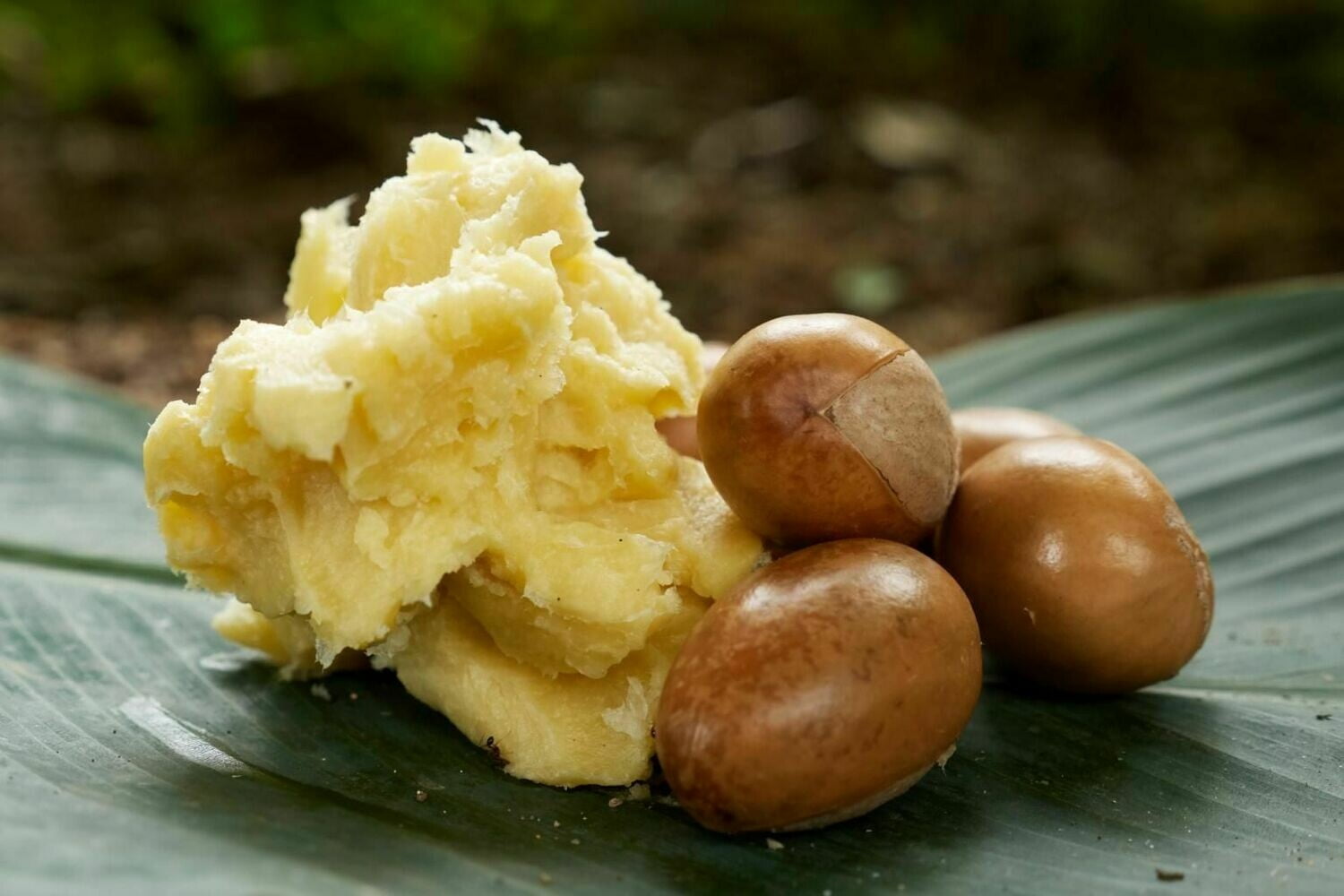Shea butter, derived from the nuts of the shea tree (Vitellaria Paradoxa), is a versatile and prized natural product with a rich history dating back centuries. This exquisite wonder from the heart of Africa, particularly prominent in Nigeria, has not only played a vital role in traditional skincare but has also become a significant contributor to the country’s Agro-commodity market. In this article, we delve into the cultivation practices of shea butter, its remarkable qualities, and the transformative impact it has on Nigeria’s economy.
Historical Significance:
Shea butter has deep roots in African history, with evidence suggesting its use dating back to ancient times. Indigenous communities, particularly in West Africa, have long utilized shea butter for culinary, medicinal, and cosmetic purposes. In Nigeria, the shea tree is commonly found in the savannah regions, and its cultivation has been a crucial aspect of the country’s agricultural landscape.
Cultivation Practices:
- Geographical Distribution: Shea trees thrive in the semi-arid regions of Nigeria, primarily in the northern states such as Kebbi, Niger, and Kano. The trees are well-adapted to the harsh climatic conditions, making them resilient and sustainable in these environments.
- Life Cycle and Harvesting: Shea trees typically take 15 to 20 years to reach maturity, with a lifespan of up to 200 years. The harvesting season varies, but it usually occurs during the dry season, between November and April. During this time, the shea nuts fall to the ground naturally, and local farmers gather them for processing.
- Processing Techniques: The extraction of shea butter involves a meticulous process. After collecting the nuts, they are sun-dried and then cracked open to reveal the kernel. The kernels are roasted, ground, and kneaded to extract the rich, creamy shea butter. This traditional method has been passed down through generations and remains a vital part of the cultural heritage of many Nigerian communities.
Remarkable Qualities of Shea Butter:
- Nutrient-Rich Composition: Shea butter is renowned for its high concentration of essential fatty acids, vitamins, and antioxidants. These components contribute to its moisturizing, anti-inflammatory, and anti-aging properties, making it a coveted ingredient in skincare and cosmetic products.
- Versatility in Usage: The uses of shea butter extend beyond skincare. It is a staple in African cuisine, where it is utilized in cooking and as a condiment. Additionally, shea butter serves as a base for traditional African medicines, showcasing its diverse applications.
Impact on the Nigerian Agro-Commodity Market:
- Economic Empowerment: The shea butter industry has emerged as a significant source of income for local communities, particularly women who play a central role in the harvesting and processing of shea nuts. The economic empowerment stemming from shea butter production has a ripple effect on the overall well-being of these communities.
- Employment Opportunities: The cultivation and processing of shea butter create employment opportunities in both rural and urban areas. From farming and harvesting to processing and marketing, the shea butter value chain provides a wide range of jobs, thereby contributing to poverty reduction and economic development.
- Export Revenue and Global Demand: Nigeria has become a major player in the global shea butter market. The country’s export of shea butter and related products has increased, driven by the growing global demand for natural and sustainable skincare ingredients. This surge in export revenue positively impacts the nation’s economy.
- Sustainable Agriculture: Shea butter cultivation aligns with principles of sustainable agriculture. The shea tree is well-suited to the arid conditions of northern Nigeria, requiring minimal water and demonstrating resilience to climate change. This makes shea butter a sustainable and environmentally friendly agro-commodity.
Challenges and Opportunities:
- Quality Control: Ensuring the consistent quality of shea butter remains a challenge. Implementing quality control measures throughout the production process is crucial to meet international standards and sustain Nigeria’s reputation as a reliable shea butter supplier.
- Infrastructural Development: Improving infrastructure in shea-producing regions is essential for efficient transportation and processing. Investments in roads, storage facilities, and processing plants will enhance the overall value chain and increase the competitiveness of Nigerian shea butter in the global market.
Conclusion:
Shea butter stands as a testament to the rich agricultural heritage of Nigeria. Its cultivation and processing not only contribute to the nation’s economy but also empower local communities and promote sustainable agricultural practices. As Nigeria continues to play a pivotal role in the global shea butter market, strategic investments and concerted efforts are required to address challenges and unlock the full potential of this exquisite wonder. The future holds immense promise for shea butter, ensuring its place as a cornerstone of Nigeria’s agro-commodity market and a symbol of the country’s resilience and prosperity.
Ajigofarms is a reliable global agricultural purchase sourcing with profound expertise in the manufacturing, and exportation of food crops. We are tested, and trusted suppliers of all kinds of cash crops and food crops. Our constant supply chain solution makes exporting easy, quick, and safe, we are identified with timeliness and meeting up with deadlines. Regardless of the region you are located in worldwide, you can reliably order your Agric products and be rest assured of successful delivery.




